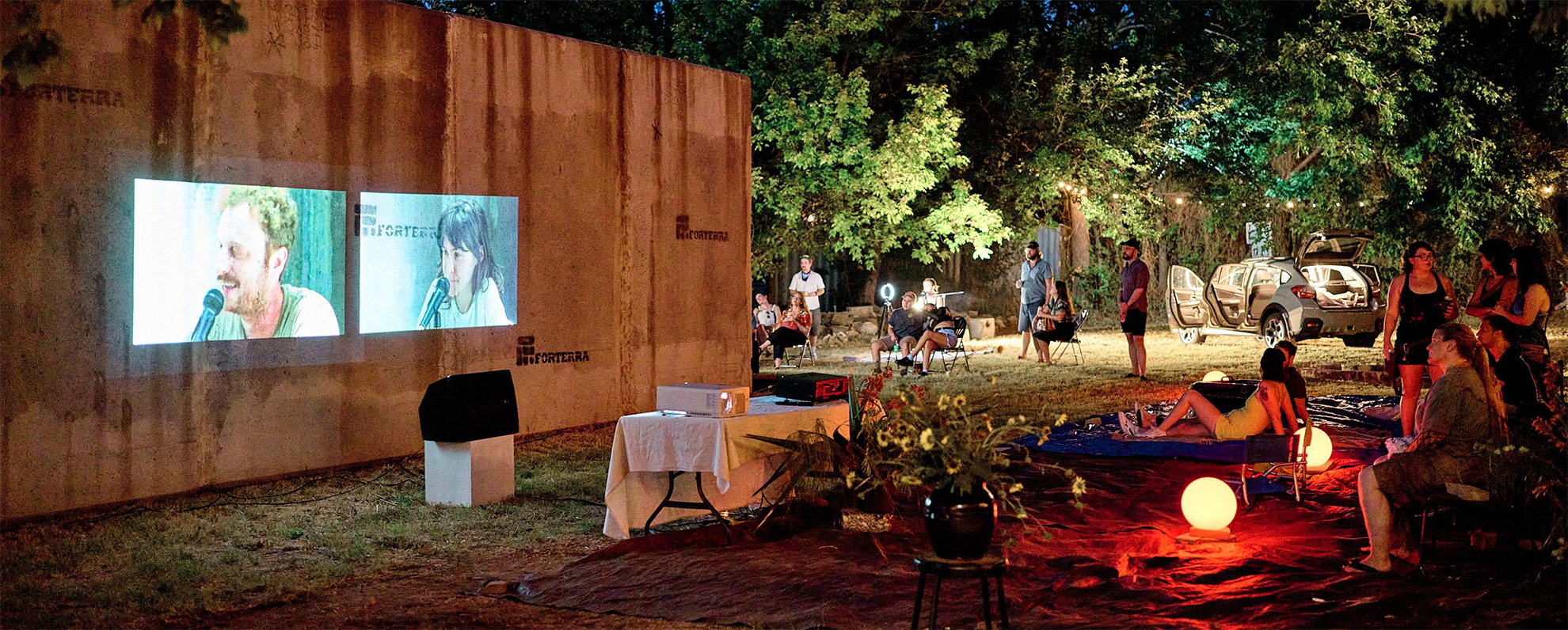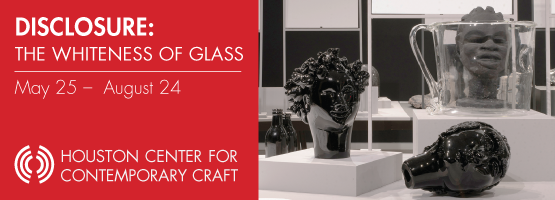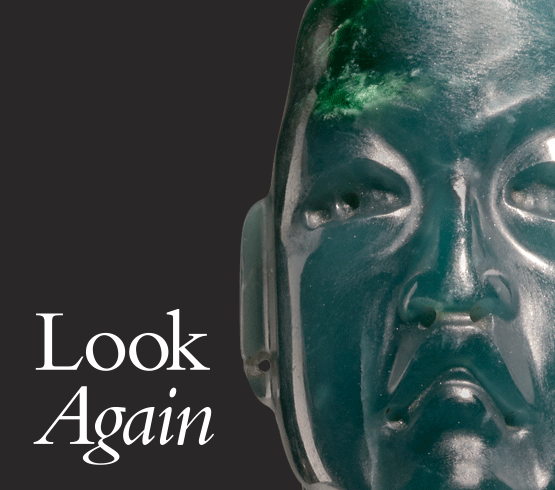The pandemic disrupted theater at every possible level and exposed inherited weaknesses in its own infrastructure that current practitioners must now wade through. Austin-based playwright Sam Mayer is in that fray, questioning what success in the theater means, both for him and for the art form more generally.
Post undergrad, Mayer spent four years in Houston before starting graduate school at the Michener Center for Writers at University of Texas Austin in 2018. In 2020, the pandemic-related lockdown forced the performing arts to operate without one vital component; a live, in-person audience. “American theater entered into a period of reckoning,” Mayer said. “The pandemic exposed what I hate most about the theater.”
During lockdown, Mayer’s attention shifted to the online performance space and he started streaming on Twitch. “I had just broken up with my boyfriend,” Mayer says. “I was unable to see anyone in person, I was living alone. It was a period of deep loneliness and desperation. I became addicted to streaming.” He especially liked the relationship between the performer and the viewer, and that viewers can be totally anonymous if they choose.
poolboy began as a reality show / talk show / experimental memoir, inspired initially by The Real Housewives, but it has since become a long-term performance about friendship, intimacy, partying, and control that Mayer considers a living, participatory document of his life and relationships. Mayer picked the name at random in 2020 when he wanted to be anonymous in the chat of a Twitch stream of long-time collaborator Julia Mounsey and her creative partner Peter Mills Weiss.
“It was one of those spontaneously “right” things, where I didn’t think about it. I have been trying to figure out where Sam ends and where poolboy begins ever since.”
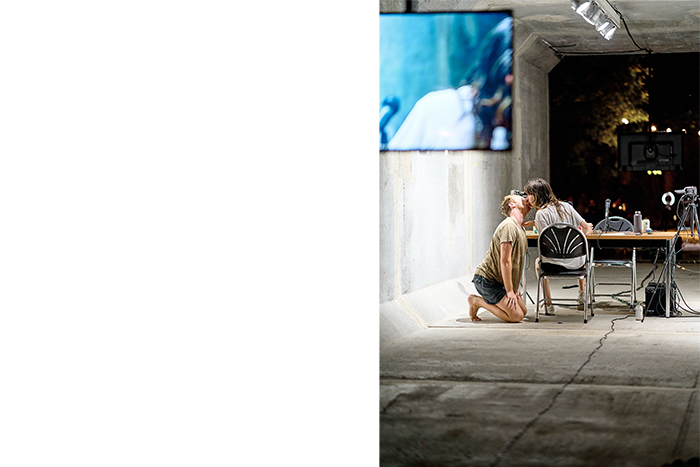
1 ⁄6
momgrab (Julia Mounsey) feeds poolboy00 (Sam Mayer) a shot. From poolboy: I WANT TO LISTEN at Co-Lab Projects in Austin (August, 2022). Photo by Ryan Thayer Davis.
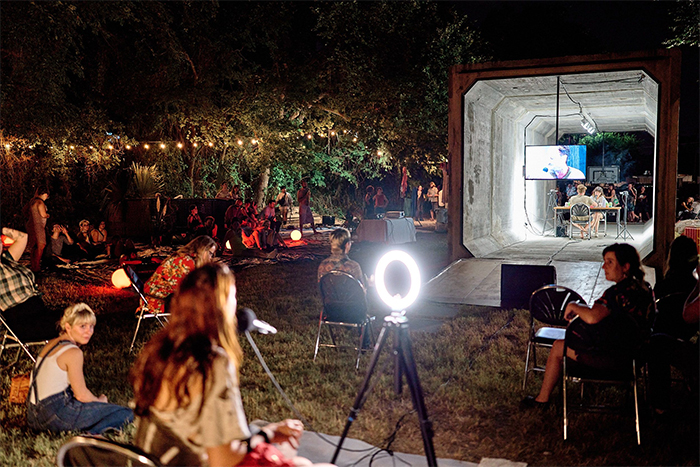
2 ⁄6
An audience member interacts with poolboy00 (Sam Mayer) and momgrab (Julia Mounsey). From poolboy: I WANT TO LISTEN at Co-Lab Projects in Austin (August, 2022). Photo by Ryan Thayer Davis.
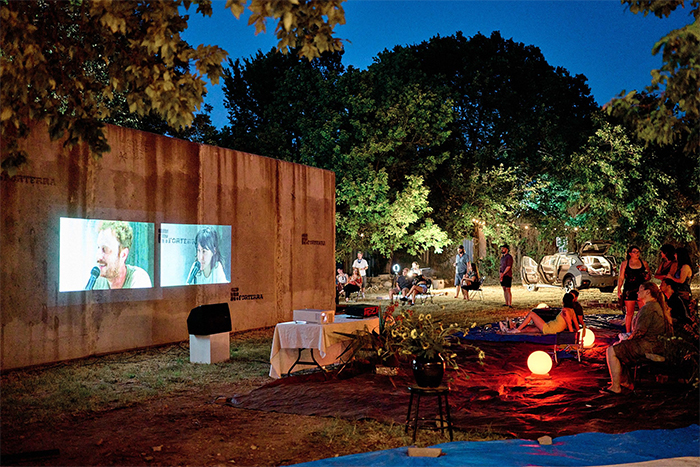
3⁄ 6
The audience watches from the pool and lanai. At the very back is an illuminated car, where the audience threw away used notecards and other trash during the performance. From poolboy: I WANT TO LISTEN at Co-Lab Projects in Austin (August, 2022). Photo by Ryan Thayer Davis.
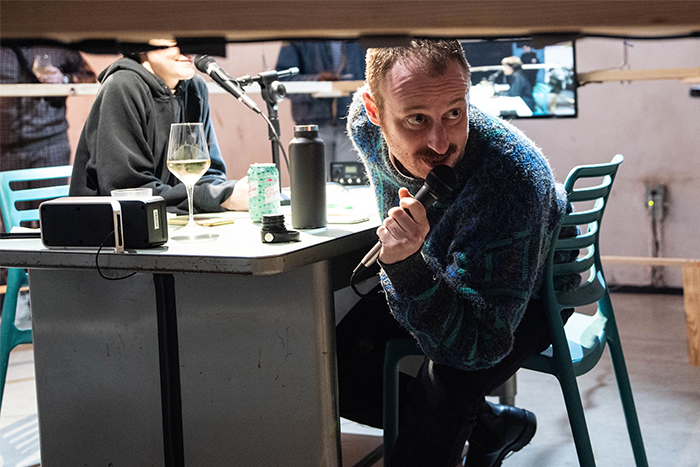
4 ⁄6
poolboy00 (Sam Mayer) gives an aside. Installation by Anderson Funk. From poolboy: The Visitors presented by Beaubourg in New Orleans (March, 2023). Photo by Camille Barnett.
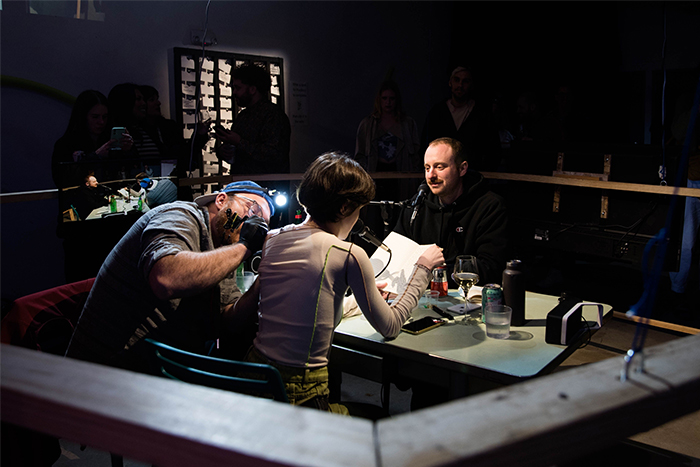
5 ⁄6
momgrab (Julia Mounsey) gets a live tattoo. At the back left, a figure stands in front of the wall of notecards. Installation by Anderson Funk. From poolboy: The Visitors presented by Beaubourg in New Orleans (March, 2023). Photo by Camille Barnett.
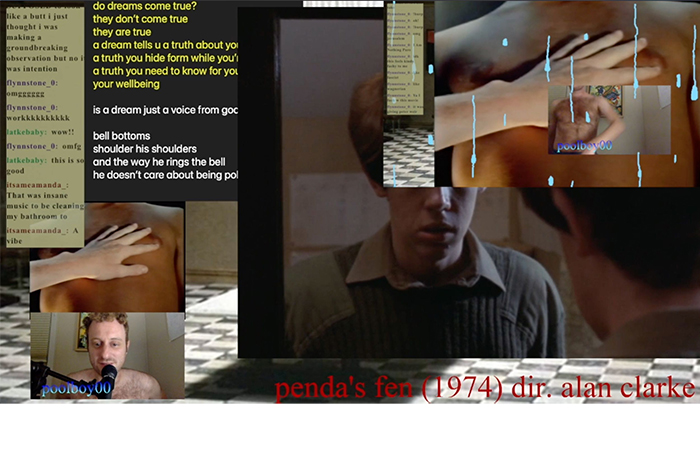
6 ⁄6
Screenshot from a livestream and film screening as part of poolboy2: Maximum Closure. Presented on Twitch and in-person (August, 2022).
“It was initially about wanting control, in my life, in my relationships, in my habits. But that interest in control has shifted, I’m now interested in the audience’s control of me, and in the ways control shifts back and forth and in all other weird directions during the performance. Who has it when and what do they do with it? And how is most live theater built around these unquestioned dynamics of control.”
Season two, poolboy2: maximum closure, happened in 2021 at Crashbox with support from The Rude Mechs, and was intended to be Mayer’s farewell to Austin show. It was a hybrid of online and IRL, with four in-person shows. Mayer streamed the live events, which were also projected everywhere at the space, music blaring and a collection of artifacts from Sam’s life scattered around. There were stated goals: for Mayer to quit smoking, to break up with his boyfriend, to leave Austin. But even as he genuinely tried to enact these things, Mayer found that he didn’t want to leave Austin or break up with his boyfriend. “Doing the show taught me how in love I was with him,” he says. “It was sort of a head trip in that way. The reality TV plot I set out for myself got subverted over the course of the show.”
In 2022, season three, poolboy: I WANT TO LISTEN, was the first 100% IRL iteration at Co-Lab Projects in Austin. Mayer intended to use season three to course correct for previous mistakes, especially the damage to Mayer and Mounsey’s relationship. There was one performance with multiple installations meant to mimic the splintered attention of online viewing. Mayer and Mounsey performed in the middle of a large concrete tube with televisions blocking either end, making sure a screen was always interrupting all visuals. The audience could command poolboy00 (aka Mayer) to perform tasks like drinking a beer, smoking a cigarette, running laps, answering questions, or reading an old poem.
Mayer uses poolboy to push back on the sometimes empty gesturing of interactive theater. “There is nothing worse than when the audience gets to do something,” he says, “but it doesn’t affect the outcome of the show.” Mayer wants the audience to know that he will do anything they ask and feels he has lived up to the task. “There were a few questions I wouldn’t answer, not because they were too personal, but because I thought they were dumb.” Mayer says he is almost positive he nearly blacked out during the show in New Orleans, a testament to the audience’s power over him.
“If I break trust with them, the show crumbles. For the two hours of a poolboy show, my body and mind are given to the audience to control. At the same time, I am attempting to negotiate processing my real life and relationships. That tension is what is cool and chaotic to me and mirrors a kind of online lived experience. I am yours to command. Control my mind and my body.”
Although he has consistently written plays over the years, Mayer’s relationship with straight plays is different. In 2022, Intramural Theater in New Orleans produced his play The Cuck, an adaptation of Euripides’ Electra. Mayer describes the production as a meeting between Brecht and Ryan Trecartin, confronting class, party culture, and privilege. Currently, Mayer wants to use plays as a vehicle for representing genuine arousal, without relying on humor, abstraction, or cheap tricks. The goal is to make the audience feel unsettled, but not unsafe or as if the theater has contempt for them. poolboy season five is in the works for March 2024, when Mayer hopes to work out the kinks created in season four and continue to explore the relationship with the audience, teasing the tug-of-war for control back and forth.
—EMILY HYNDS

